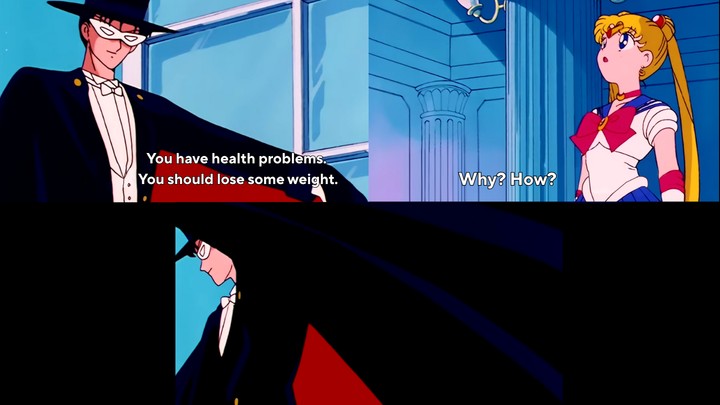what it's like to start lifting during cancer treatment


Right about the time I published LIFTOFF in 2021, I got a nice email from a reader in Sweden who was going through cancer treatment. She said planned to start lifting soon, and that she wanted to do my program.
I didn’t write her back at that time, not even to say “thank you for your kind words, I hope everything goes well for you!” mostly because I’m poorly socialized and have no manners. But also probably because I try to err on the side of extreme caution about saying anything that might be construed as medical advice.[^1] I’ve never even had a close relative go through cancer treatment, and I knew absolutely zero about how cancer treatment and strength training should or can interact. I could not reasonably say that someone in that situation ought to even try LIFTOFF, as gently as it does start. Still, I was curious about her decision, that this kind of thing might be sanctioned or even encouraged, as well as her apparent raw determination. I know generally that medical attitudes and recommendations about strength training have changed a lot in a few short years.
But VeeThorn[^2], as she identifies in the Liftcord, wrote to me again, and posted periodic updates to our channels. With her safely on the other side of her treatment and cancer in remission, I asked her if she would let me ask her a few questions about her experience. In her infinite generosity, she said yes. What follows is our edited and condensed interview by phone about how and why she chose to lift weights and what it was like to come into strength training at this time in her life. Come for the peek into Sweden’s arrestingly comprehensive socialized medical infrastructure; stay for the life lessons.
Could you give me a brief overview of your cancer diagnosis and treatment?
So I’m 41 now, but I got my breast cancer diagnosis in early June 2021. It was early stages, but malignant, so I was to have chemo very quickly and a lumpectomy surgery afterwards. The surgery was in November, then the radiation was in January 2022. And then I went to a specialized rehab for two weeks that April.
And how did strength training come into the picture? When you wrote to me you identified yourself as someone who had started training while receiving treatment for cancer, which was something I’d never heard about or even really thought about before, maybe even might not have thought was possible if you hadn’t spoken up.
I’d been reading your posts for a while at that time, and in the past I’d done baby dumbbells, alternating with yoga, that kind of thing. And I’d been doing OK over the summer, increased my walking. I was feeling pretty shitty, but in a way that was sustainable. But in September 2021, they switched my chemo treatment and I had a very, very strong reaction. At the same time I got an infection, which left me with no white blood cells. When that happens, they isolate you in the way that they isolate somebody with a very infectious disease, and they isolated me for a week. That really wrecked me in a way that I hadn't been wrecked thus far.
And then when I got out, feeling the worst I’ve ever felt, I was like, shit, I'm having surgery in seven weeks. I new I needed to be strong for my recovery, because there are all sorts of risks associated with recovery from a lumpectomy, including lymphedema. So I called my oncologist and asked for a referral to a physiotherapist who works with cancer patients.
I think I emailed you around at this time and asked about what the physiotherapist had me doing. Which, they don't start you on free weights when you're a chemo patient. And I couldn’t do a whole lot of upper body work because I had a PICC line, which they didn’t want to dislodge obviously because it goes almost directly to the heart. But I could do leg press and things like that.
So you were doing machines pre-surgery, you got the surgery, and what happened after that?
I started radiation about a month after surgery, which gives you incredibly sore skin. But around March, I started doing a little bit of LIFTOFF, just the body weight exercises in the first phase.
And then here in Sweden, if you’ve had a tough treatment, you can get a referral to a two-week inpatient rehab, and I went in April 2022. You get a doctor, a psychiatrist, a specialized physio who helps diagnose things like balance issues—mine identified impingement in both shoulders—and you get to try a bunch of different kinds of exercise: yoga, water aerobics, circuit training. They really want everyone exercising. You can see a dietitian, an occupational therapist. There’s group therapy. And I had three lymph nodes removed, so there are sessions on, for instance, what lymph node removal does to your body. The food was really, really good.
Forgive my understanding of how health care works in general let alone other countries, but I don’t believe we really have this in America (or if we do, it’s probably private and really expensive). How much does this cost?
We can't have bots here.
Let's see some ID. (Just your real email, please.)





